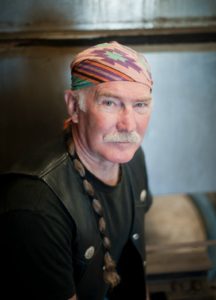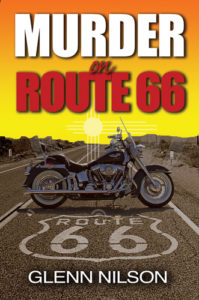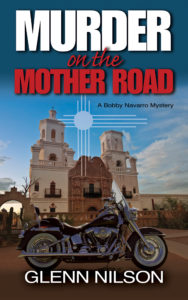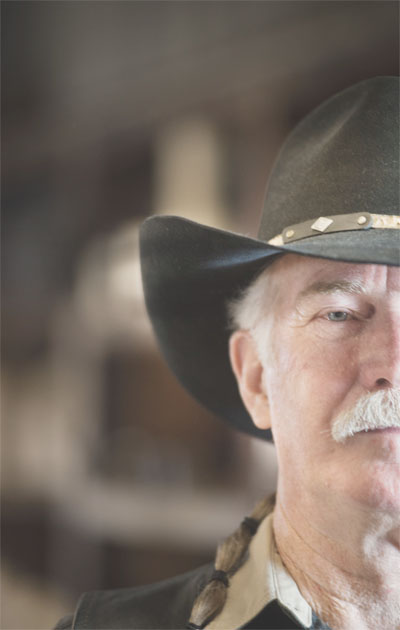I used to follow six news sources morning and night and sometimes seek out more. Guess what? That got to be overload. It wasn’t just that I was reading, or viewing, the same focal issues repeatedly. It was that I was being jolted by the same atrocities and crises over and over. The reasons I followed these multiple sources was to check their consistency and seek out more information, but there seemed little I could do with it. I wasn’t a journalist or national decision-maker, just a concerned citizen feeling a need to stay informed. I wanted to touch bases with others, but soon every conversation was either a minefield of socio-political difference, or an exhausting reiteration of similar concerns. I lost balance.
Now, conversations seem to bring out things in addition to the latest political catastrophe or unbelievable event. I wouldn’t call it a return to normalcy, but I suspect there has been a collective attempt to regain normalcy to the extent and in those areas of life where it might be attainable. Now, I sometimes skip one or two news reports in favor of sitting on the back deck and enjoying the evening, or morning. I look at the local wildlife. We have a young cotton tail bunny in our yard we have enjoyed watching since early spring. The birds have built nests, produced offspring and become busy teaching them to forage and survive. Now, they provide an evening concert from their various secure places in the massive tree limbs overhead. The creek is quite low, but beautiful in its burbling meander at the edge of our back yard. Tiger lilies and hostas are the current attraction for butterflies, and fireflies punctuate the night, albeit with smaller flashes than I remember, this year.
The national, and international, social scenes are still chaotic and uncertain. But, that uncertainty provides a needed base for hope as well as angst. The earth still turns, the seasons move along, and there is a majesty in the progression of natural events that surround us. There is a beauty and joy in the quick glimpse of that young bunny running across the expanse of clover underfoot. There is a sense of a functional community in the chorus of birdsongs. And, a mug of coffee just tastes better outdoors than in front of the evening news. The editing phase of my latest Bobby Navarro mystery is nearly complete, and I’m anxious to bring this story to publication. Like the outdoors, Bobby offers a sense of hope and decency, not just diversion. Although, I think a good murder mystery provides plenty of diversion. How about you? Has this been a time in which you’ve had to struggle for your sanity and well-being? What helps, or has helped, you maintain your balance?








